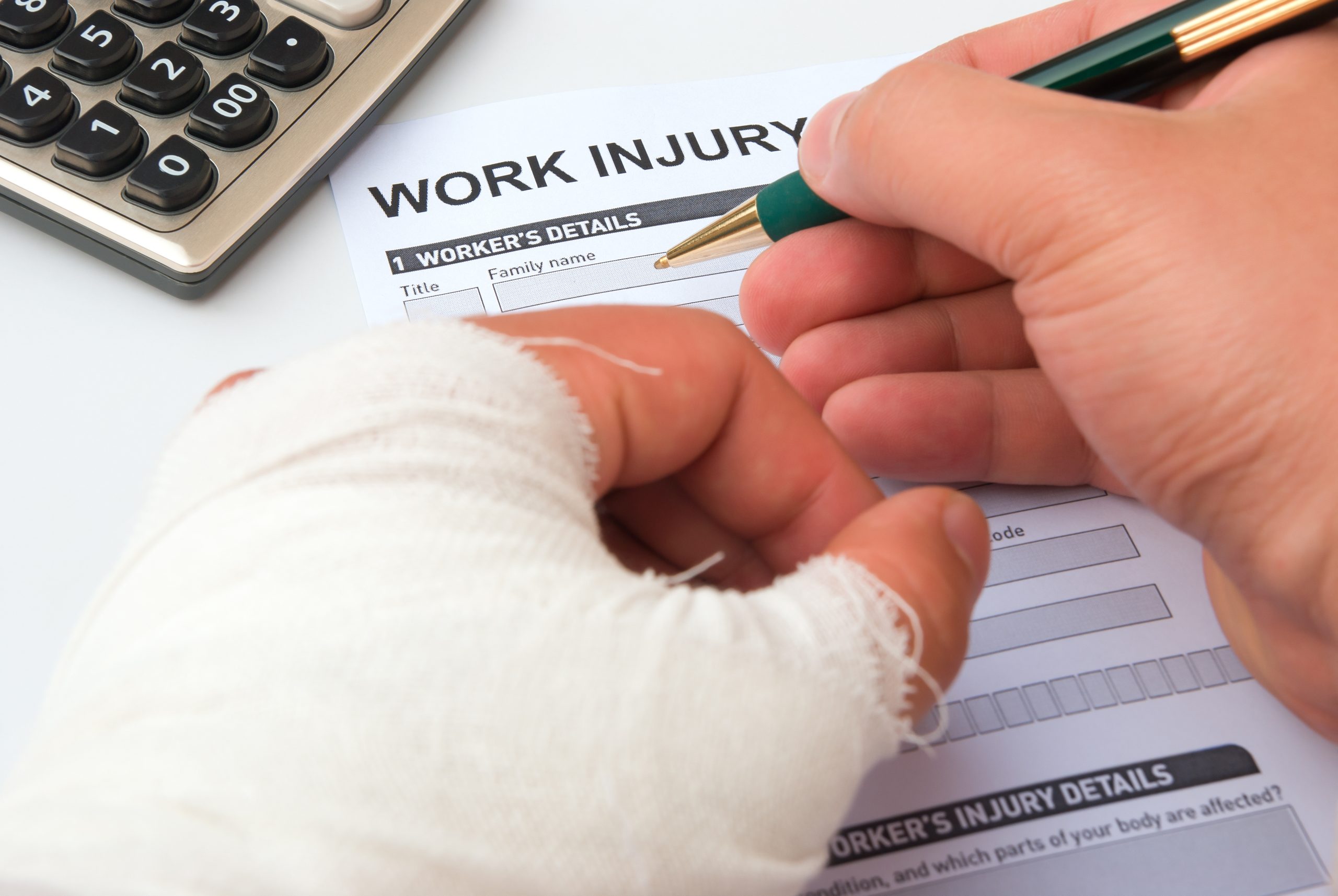Every state has a statute of limitations in place that limits the amount of time available to file a lawsuit. Basically, the statute of limitations sets a hard deadline for when your claim must be filed. The applicable statutory period varies by state and by the type of legal action, but is usually between two and four years. If you do not file a lawsuit by the time the statute of limitations runs out, your claim will be time barred. You will not be able to take legal action, which means you will be unable to recover compensation for the harms and losses you endured.
When Can You Sue Your Employer for a Work-Related Injury or Illness?
There are two primary scenarios in which you can sue your employer for a work-related injury or illness: (i) if your employer wrongfully denies you workers compensation benefits; or, (ii) if your employer does not provide workers compensation coverage.
Suing Your Employer: Limitations and Exceptions to Employer Immunity; Why Can’t Most Employees Sue Their Employers for Work-Related Injuries?
State workers compensation laws prevent employees from suing their employers for work-related injuries under most circumstances. The reason for this is that legislators have decided it is best for employees to have access to financial benefits regardless of fault (in the form of workers compensation benefits) rather than requiring employees to prove that their employers are responsible for their injury-related losses. As a result, workers compensation laws establish what is known as “employer immunity.” Employers must pay workers compensation benefits regardless of fault; but, in exchange for taking on this responsibility, they are immune from most employee personal injury claims.
What Are the Exceptions to Employer Immunity for Work Injuries?
While employers have broad immunity from personal injury claims, this immunity is not absolute. The following are all examples of situations in which you may be able to file a lawsuit against your employer.
- Your Employer Intentionally Caused Your Injury– In many states, if you can prove that your employer intentionally caused your injury, then you can seek full compensation for your injury-related losses.
- Your Employer Was Grossly Negligent– In some states, employees can also sue their employers for job-related injuries and illnesses resulting from their employers “gross negligence.”
- Your Employer Denied Your Workers Compensation Claim in Bad Faith– In some states, a bad-faith denial of workers compensation benefits provides grounds to sue your employer. However, you may need to exhaust your other remedies (such as filing an appeal with your state’s workers compensation board) before filing a lawsuit in court.
- Your Employer Manufactured the Product That Injured You– If you were injured in an accident involving a defective product manufactured by your employer, you may be able to sue your employer under the theory of “products liability.”
- Your Employer Has a Relationship With a Contractor or Subcontractor– If you suffered your injury in an accident involving a contractor or subcontractor, your employer may ultimately be liable based upon its business relationship with the contractor or subcontractor.
- You Are an Independent Contractor- If you are an independent contractor (as opposed to an employee), then the company that you work for is not technically your “employer.” This means that employer immunity does not apply, and you can sue for full compensation based on the company’s (or one of its employees) negligence.
How Much Will You Recover if You Sue Your Employer?
If you file a lawsuit against your employer for a job-related injury, how much will you recover? The answer depends on the extent of your injuries. In personal injury claims, accident victims can recover financial restitution for their harms and losses. With that said, if your injuries are significant, your financial recovery could be substantial. An attorney will be able to help you seek compensation for all your outstanding and future medical bills, as well as your current and future loss of income. On the “non-financial” side, accident victims can recover compensation for their pain and suffering, post-traumatic stress, emotional trauma, loss of enjoyment of life, and other life-altering impacts of their injuries. Compensation for financial losses is calculated based on actual and expected out-of-pocket costs. For non-financial losses, there is nothing to “add up,” so a couple of different methods are used- the per diem method and the multiplier method. With either method, personal injury compensation for accident victim’s non-financial losses will often far exceed their compensation for their expenses and lost wages.
Is It Worth It To Sue a Company for a Work Injury?
If you have grounds to file a lawsuit, it will almost certainly be worthwhile it pursue financial restitution from the company for your work-related injury. This is because work-related injuries can be incredibly expensive. Your medical bills, lost wages, and other expenses can add up very quickly. Filing a lawsuit also allows you to seek compensation for your post-traumatic stress, pain and suffering, and loss of enjoyment of life.
Should I Sue My Employer or File for Workers Compensation Benefits?
When it comes to deciding whether to sue your employer or file for workers compensation benefits, the answer depends on your workers compensation eligibility. If you are eligible for workers compensation, then you typically are not eligible to sue your employer. The benefit of being eligible for workers compensation is that benefits are awarded on a “no fault” basis- while you need to be able to prove fault in order to file a lawsuit. However, while workers compensation benefits are limited, filing a lawsuit allows you to recover full compensation.
Workers Compensation Claims vs Lawsuits: Pros and Cons
A workers compensation claim can provide a quicker avenue to money and benefits to an injured worker. But temporary disability and permanent disability payments can be low, and do not compensate the worker for the full spectrum of damages that might be available in a lawsuit, including compensation for the injured person’s pain and suffering, and punitive damages that might punish an employer for poor safety protocols or dangerous conditions. You may also be able to receive government benefits such as Social Security disability insurance (SSDI or SSI) if your injury is disabling and prevents you from working.



